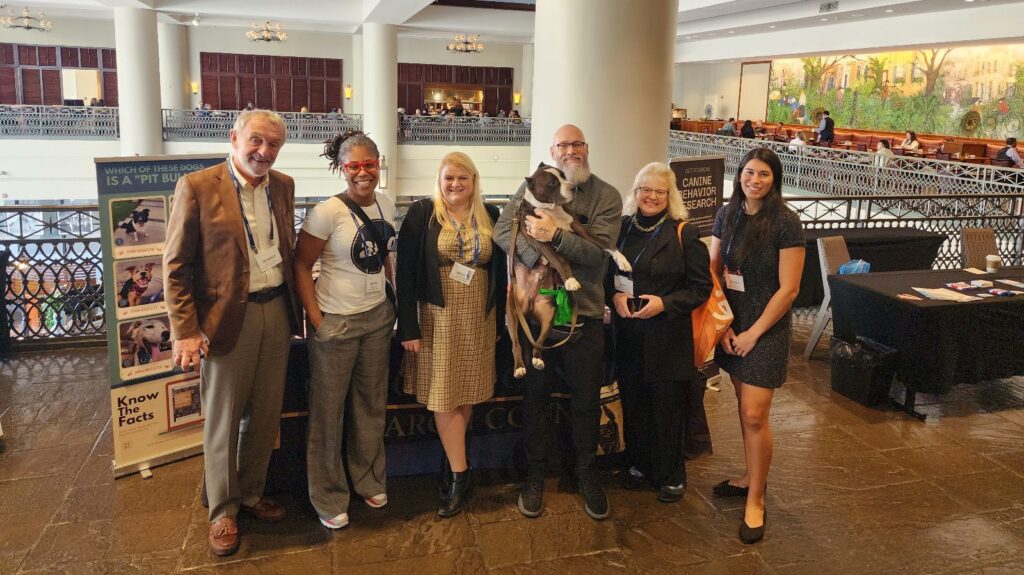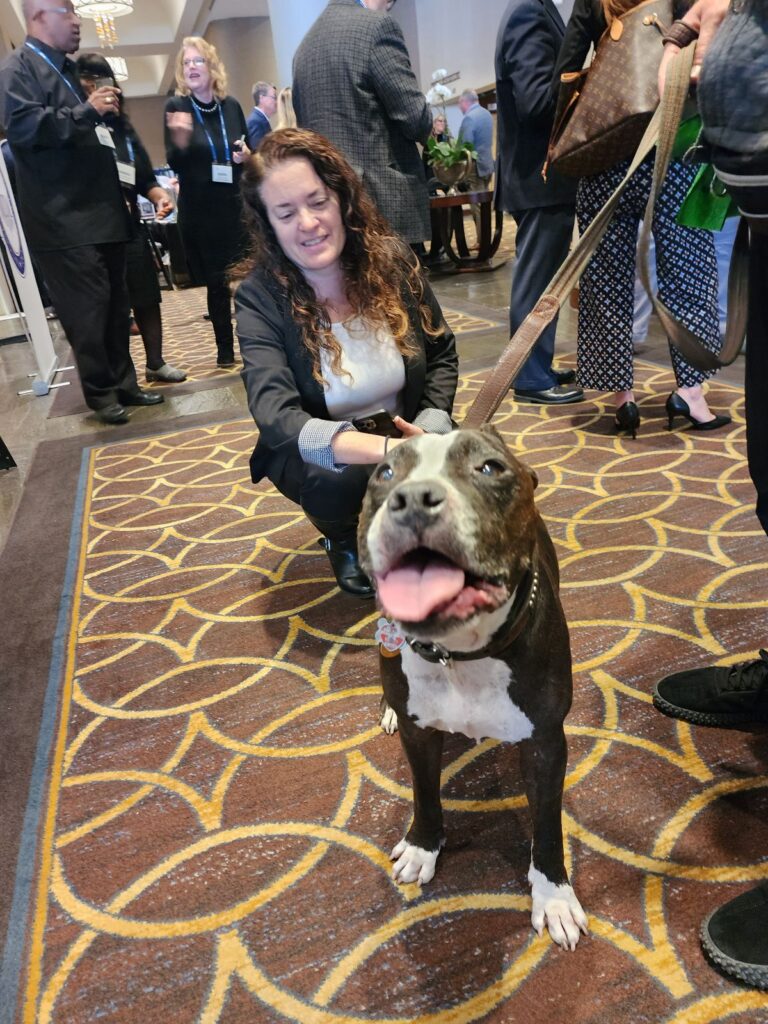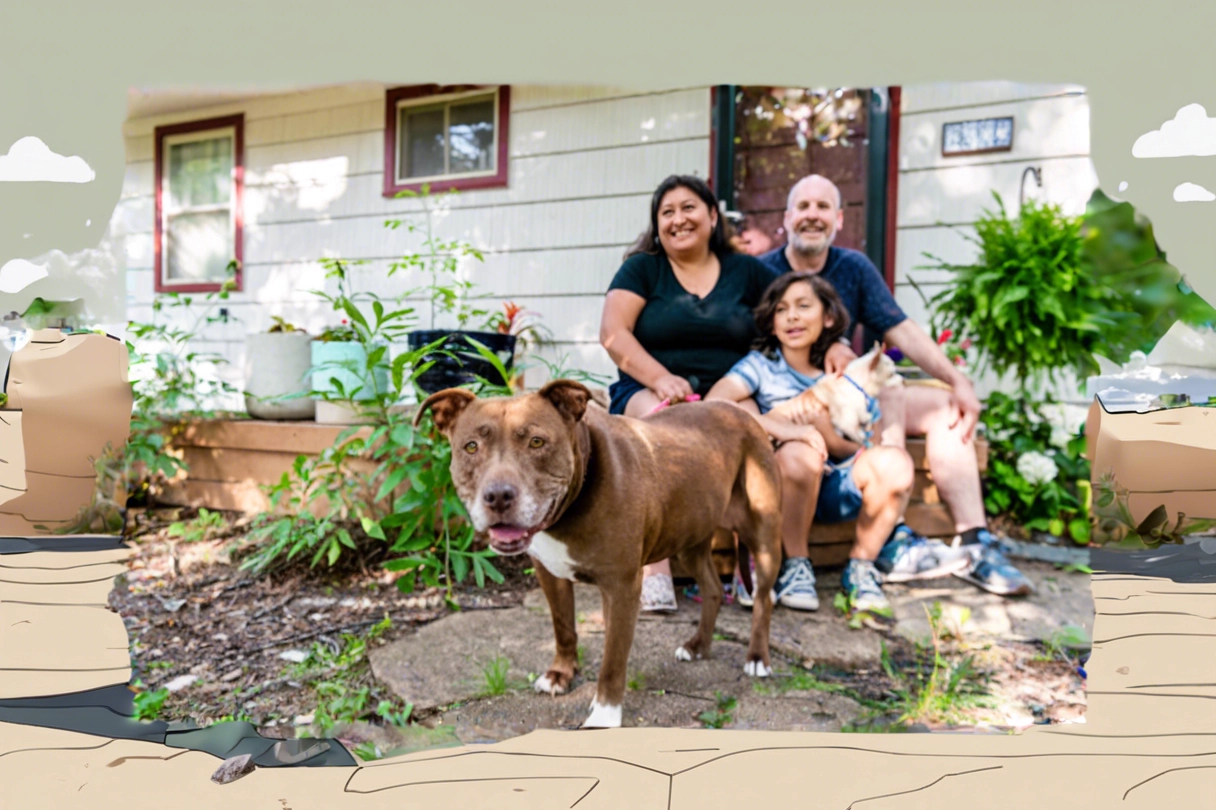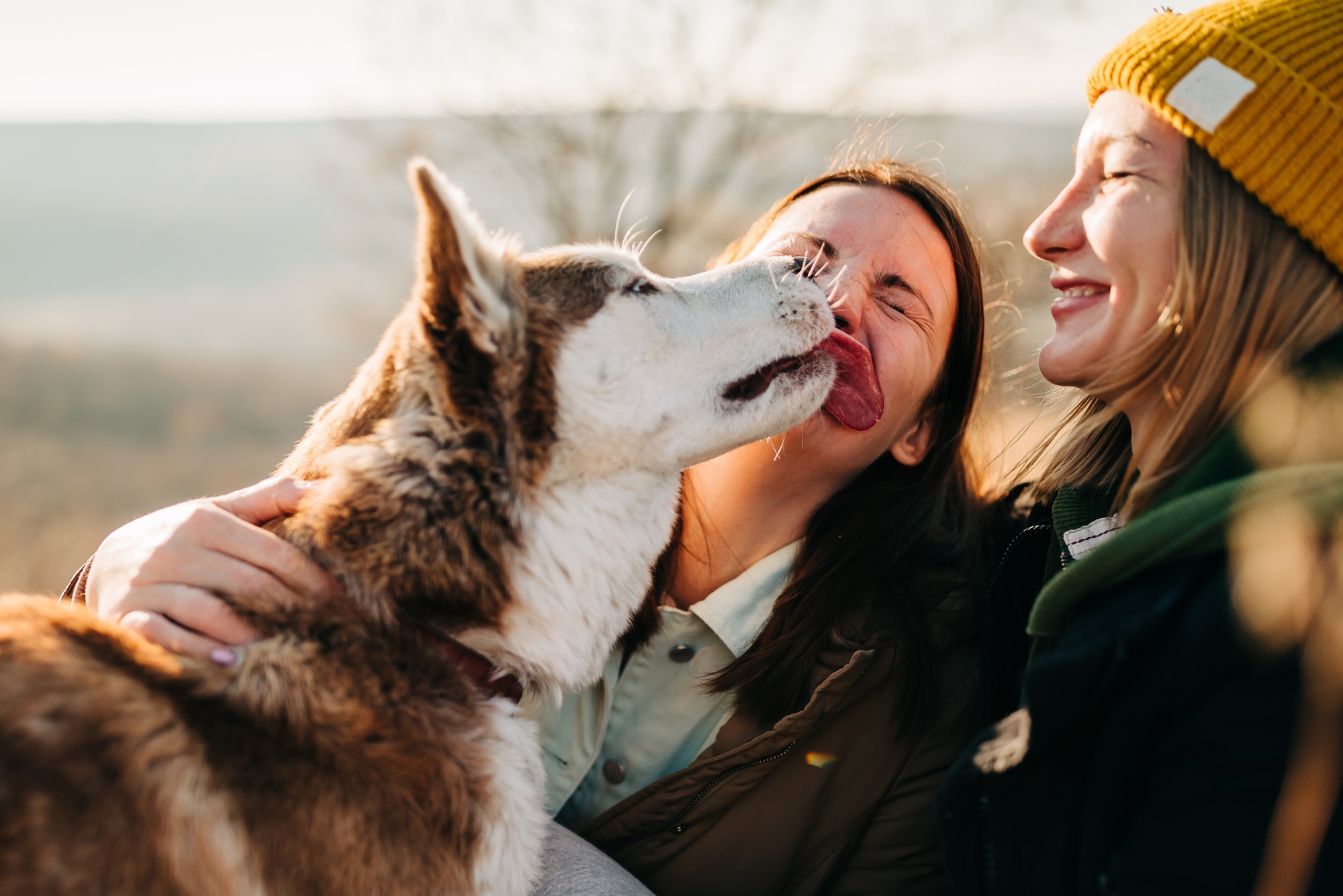On Friday, Nov 18, 2022 the National Conference of Insurance Legislators (NCOIL) unanimously agreed to adopt a model law that bars insurance companies from using breed restrictions to deny homeowners and renters liability insurance.
This is important for three reasons.
First, it is a step forward in creating more equitable housing and inclusive communities, as these restrictions are a form of proxy discrimination.
It is also highly likely that every state that adopts this legislation will see a reduction in pet relinquishment.
Lastly, we believe that laws and policies related to dogs should be based in science. This model legislation, and its unanimous passing, shows that legislators are putting modern canine behavior science above canine folklore and baseless fears.
For some background, NCOIL is composed primarily of legislators serving on state insurance and financial institution committees around the nation. The organization writes suggested legislation (model laws) in insurance and serves as an educational forum for public policy makers and other interested parties.
NCOIL’s Property and Casualty Committee (P&C) has been discussing the issue of dog breed restrictions in liability insurance for over a year. An earlier draft of the model law suggested that states collect data on dog bites (including breed, age of dog, etc…) for two years following the law’s passing. This is similar to something the commonwealth of Massachusetts did in 2019, where they required insurance companies to report all dog bite related liability claims.

Our team and colleagues at the NCOIL conference.
From left: Donald Cleary, National Canine Research Council; Ngozi Nnaji, AKO Insurance Consulting; Nicole Juchem, National Canine Research Council; Odin, AFF alumni dog; Kenny Lamberti, Odin’s person; Ledy VanKavage, Best Friends; and Jessica Simpson, Humane Society of the United States.
Earlier this year, we took a critical eye to the data from MA to see if it met the scientific standards of risk analysis. It did not. And, due to the infrequent nature of injurious dog bites, it is highly unlikely that any such data collection would ever provide any relevant information.
We had that research analysis available at the most recent NCOIL conference for attendees to review. We also had additional published research and commentary at our exhibit booth. This included information on the Darwin’s Ark canine genomics study. The results of this study, which is a collaboration between the Broad Institute of MIT and Harvard, directly challenge the popular breed stereotypes policy makers use to justify exclusionary breed restrictions.
In the end, we know that science, not stereotypes, was at the forefront of people’s minds last Friday. This model legislation, sponsored by Assemblyman Kevin Cahill of New York and Representative Tammy Nuccio of Connecticut, did not include any provision for data collection. HSUS, the ASPCA, and Best Friends Animal Society all sent representatives to the conference to answer any questions about the fairness and soundness of the proposed model law. Discussion surrounding the vote was brief and there was no opposition.
We’re glad to see legislators turning to progressive, modern canine behavior science when it comes to making sure that we all live safely and happily with our best friends. Sometimes, dismantling long-standing stereotypes is a challenge. It certainly was in this case. We are grateful to everyone who invested their time and their heart into this breed neutral model legislation.








